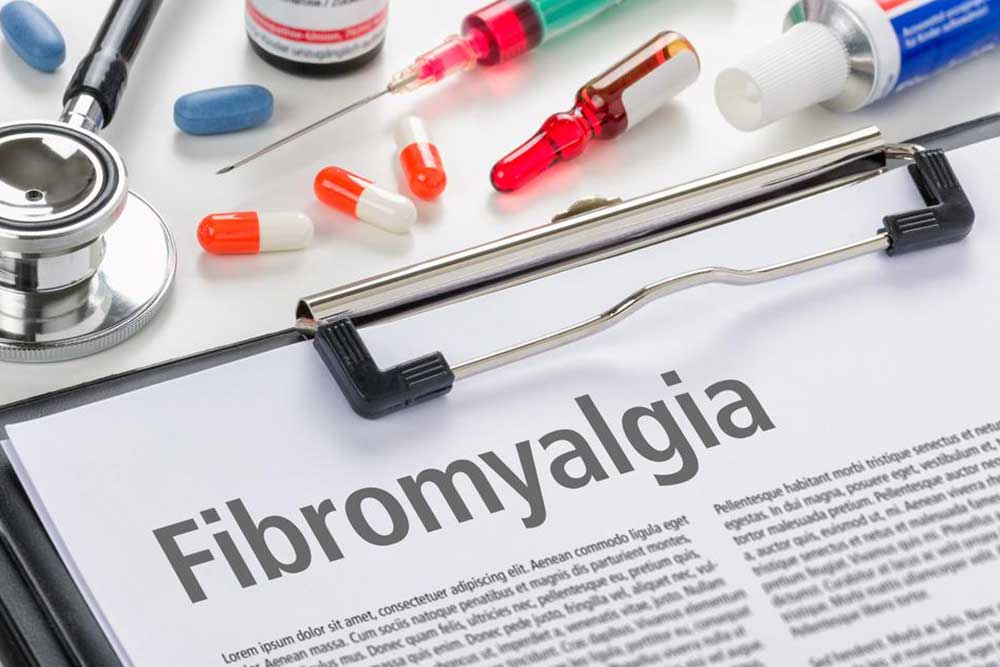5 Most Common Symptoms of Fibromyalgia Seen in Women
You may or may not know you are suffering from fibromyalgia. There is no specific test to determine its onset and is quite often poorly identified among the masses. Doctors generally test you for other diseases and conclude on fibromyalgia when everything else is ruled out. It is the second most common disease affecting the muscles and the bones.
Most common symptoms of fibromyalgia are as follows
- Widespread pain
You may wake up in the morning and not feel refreshed. You may suffer from aches, stiffness, and body pain. The disease triggers the central sensitization of the body. This essentially means that body starts to get overly sensitive to anything. You may feel pain when you touch something, or if someone touches you. While pain medications do help, walking, jogging, acupuncture, swimming, and aerobics can go a long way in easing the symptoms of fibromyalgia. - Fatigue
You may feel fatigued at the end of the day or when you wake up. You may have not done much, yet you feel extremely tired. You can sleep better if you get an acupuncture and practice yoga. It is one of the most common symptoms of fibromyalgia. - Migraines
Severe headaches and migraines are yet another most common symptoms of fibromyalgia in women. - Sleep issues
You may not be able to sleep properly, wake up several times at night, or have trouble sleeping at all. Hypnosis and meditation can help get your sleep cycle back on track in such a case. - Brain fog
Your thought process may not be as clear as it once was. You may suffer from fogginess of thought and forget things more frequently than before.
Fibromyalgia generally affects women aged in their twenties and thirties. It is more common in women than men. It is important to understand the above-mentioned symptoms as it is tricky to diagnose this disease. If you are suffering from the aforementioned symptoms of fibromyalgia, pay a visit to the doctor at the earliest. There is no cure for the disease but a combination of exercise, healthy diet, medication, and stress management techniques can help you live a normal, active, and healthy life.



